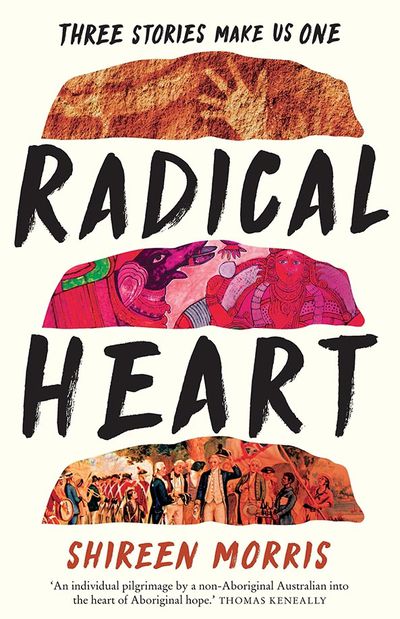←Back to Radical Heart

An extract from “Radical Heart”
Inside the campaign for constitutional recognition
Malcolm Turnbull could have just said no. Instead he made the dishonest “No” case. Why? My best explanation is that he got scared by the Indigenous consensus. Scared by the growing, widespread public support. A constitutionally enshrined First Nations voice, modest as it is, would empower Indigenous peoples and hold parliament to greater account in Indigenous affairs. Government wants to keep all its power. It doesn’t want to share. The status quo works well for its purposes – so why change it? That’s why the government wants minimalism.
Recently I chatted to a Liberal Party backbencher who explained the underlying concern. They knew there was no veto, and they knew no “third chamber” was proposed. Some Coalition members were simply scared to give Indigenous people a guaranteed say in their own affairs, because they were worried such a voice might have political influence, and that it might disagree with government policy. It was ironic: the party championing liberal values, freedom and a robust democracy, was afraid of Indigenous free speech. Afraid of Indigenous dissent.
Paul Kelly conveyed a similar fear in a phone conversation with Noel Pearson, which Noel later described in The Monthly:
Kelly said something startling. He understood the voice proposal was not a third chamber, and Turnbull was wrong to describe it as such. The startling thing he said was that the voice, even though only having an advisory function, would operate virtually as a veto on parliament. A body without the legal power to direct parliament would hold some sort of non-legal veto over the parliament. Really? This late in our history and here is a great old white man conjuring a great old white fear about Indigenous voices. A stalwart defender of free speech, now saying he opposes the mere expression of an Indigenous opinion, for fear it might influence Indigenous policy.
Such fears were unwarranted. The only risk in giving Indigenous people a voice, and allowing better debate and discussion in Indigenous affairs, is that Indigenous policy and outcomes might be improved. This would be good for Indigenous people, and good for the nation. Turnbull must also have calculated (wrongly, in my view) that the rejection was a vote winner. Yet he is paying a political cost for his heartlessness. This is another example of his inability to provide the kind of progressive leadership he promised Australians, another example of a politician selling out his principles in exchange for political ascendancy.
It is also a foolish decision on his part.



